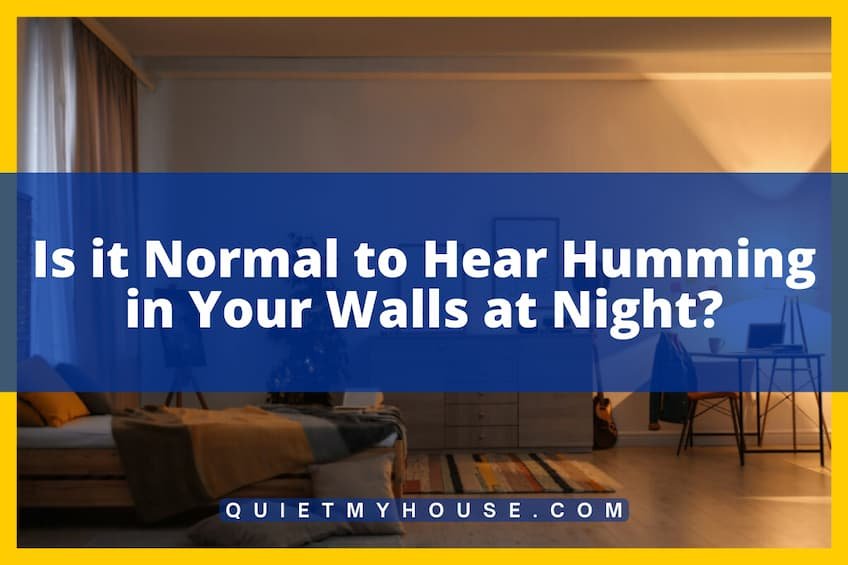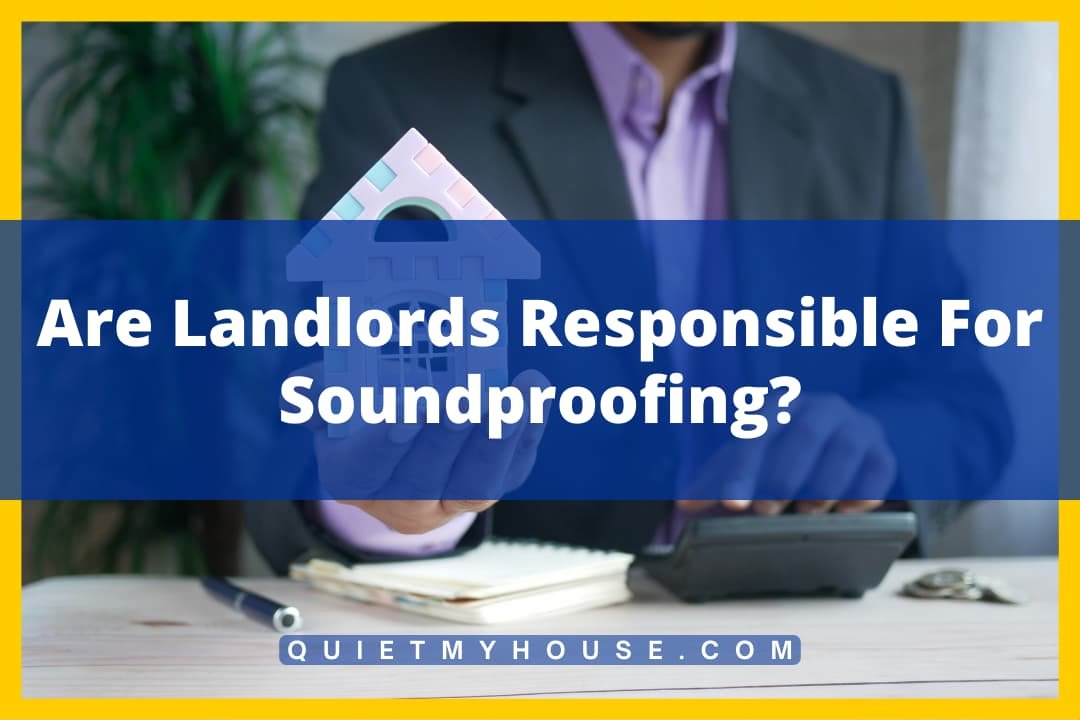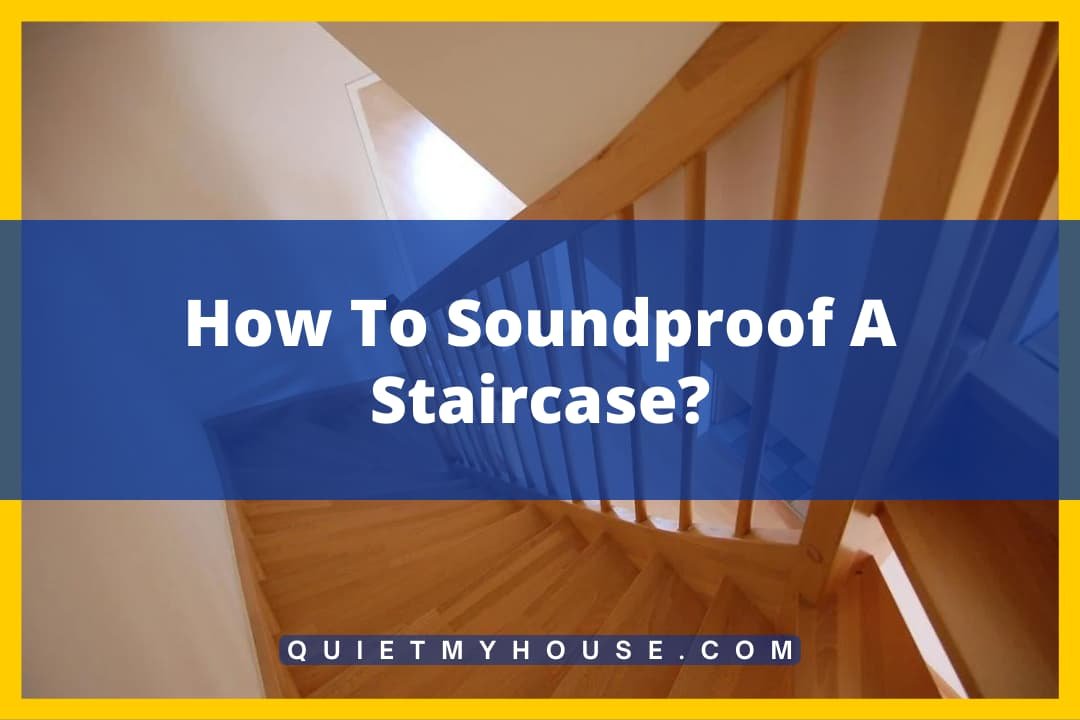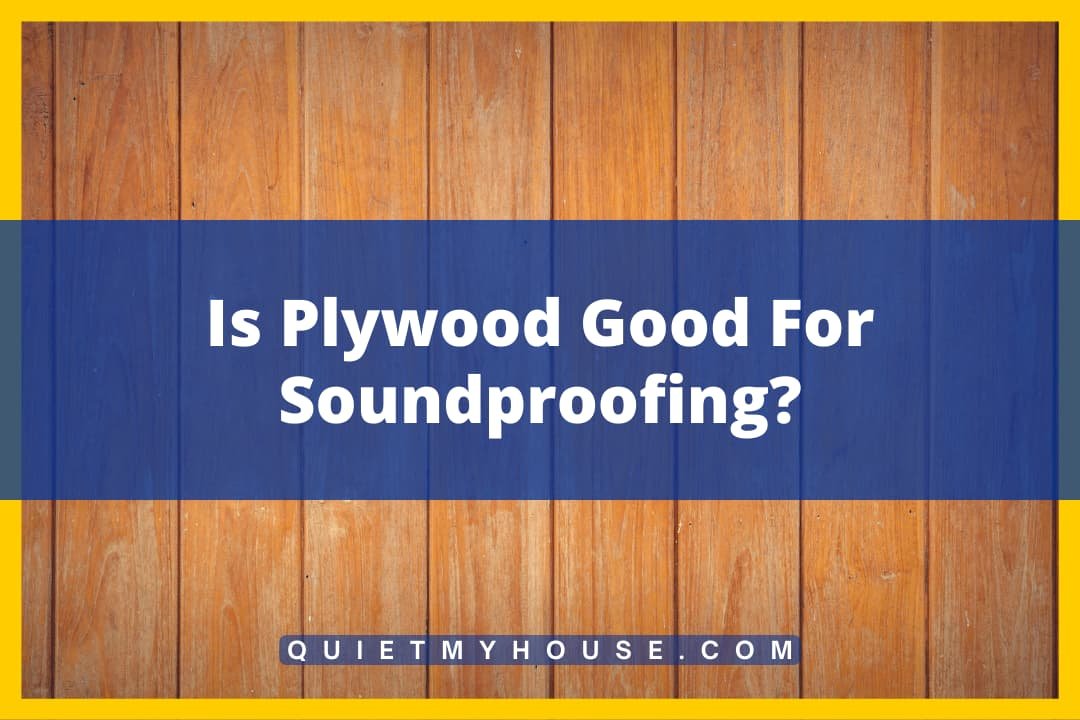Houses can make a lot of strange sounds at night. While some noises make you worry there might be someone else inside, other sounds, such as consistent humming, make you worry that there is something wrong with the equipment in your house.
Is a humming noise coming from the walls at night a normal sound, or do you need to have something repaired?
It is normal to hear some humming in walls at night emitted from electrical mains, certain types of lights, or electric/gas mains. If the humming is noticeably loud or is coming from an outlet, light switch, circuit breaker, or AC vent, there may be something wrong.
There are a few different potential causes for humming in the walls of your house, such as electrical mains, lights, meters, outlets and light switches, circuit breakers, or air conditioning. This humming may be nothing to worry about, but it may also be a sign that something is wrong.
Electrical Mains
Electrical mains are the primary source of humming in the walls of a house. Alternating currents in the electrical mains can cause a slight humming noise in the walls of your home. This is called a mains hum.
There also will usually be some humming from appliances or electronics in your house as they are being used. If you go stand by your refrigerator, you will probably hear it. When the current alternate, it can cause appliances or electronics to vibrate. This vibration is what causes the soft humming noise.
Light humming from the walls or appliances is totally normal. However, if the humming is louder or sounds like a more defined buzzing sound, there may be cause to worry.
If the electrical mains or appliances are emitting a loud humming or buzzing, there may be a component in the device that is faulty.
It may be a damaged or misplaced component to the circuit that is making an extra amount of noise. You should switch off the appliance or electricity in your home and have an expert look at it right away.
Lights
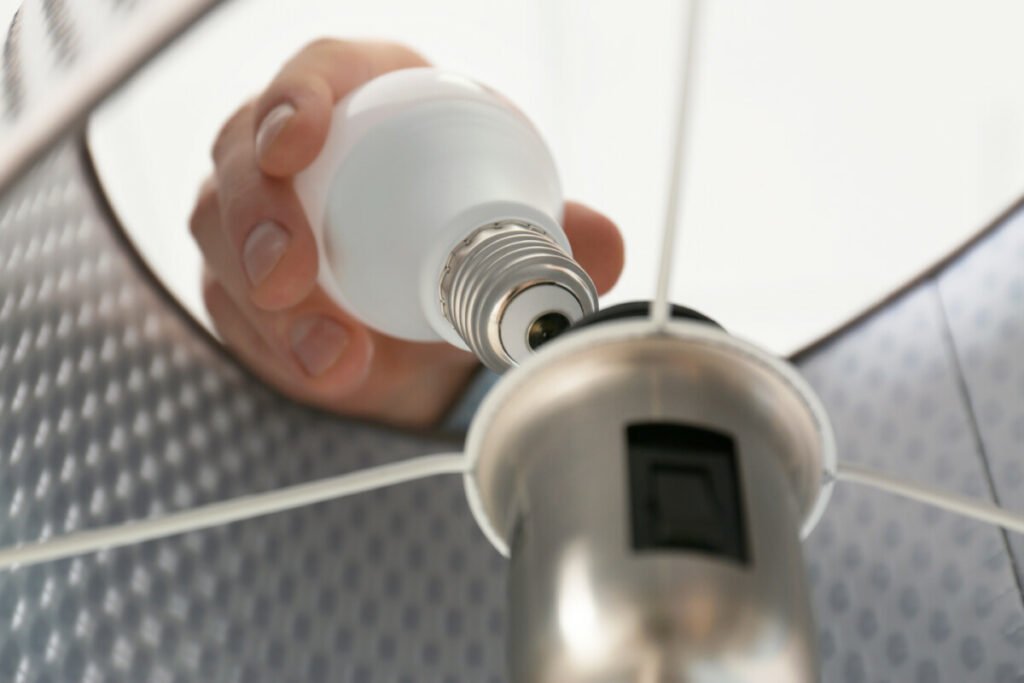
Another source of buzzing could be the lights in your house. Most people have LED lights in their houses, though some may still use fluorescent light bulbs.
LED light bulbs don’t tend to make noise when in use, but fluorescent light bulbs often will. The buzzing can become worse when fluorescent lights are on dimmer.
If you use fluorescent light bulbs in your house, the humming sound you hear may be coming from the light bulbs, though this is less likely at night because you probably turn your lights off when you go to sleep.
However, if the sound is coming from a fluorescent bulb, this is perfectly normal; it does not indicate that there is an issue with the light bulb or fixture.
If the buzzing coming from a fluorescent bulb is bothering you, you may want to consider upgrading your light fixtures to accommodate LED bulbs. They won’t make humming sounds, and they are more energy efficient.
Meters
Your electric or gas meter is another potential place where the humming may be coming from. Most meters nowadays are digital, but some older meters will still have moving parts inside that may emit a humming sound.
A light humming coming from a non-digital meter is normal. It doesn’t mean that there is a problem with the meter. If you are bothered by the humming, you may want to upgrade to a digital meter, which does not typically make humming noises.
Outlets or Light Switches
While humming coming from any of the above places is perfectly normal and typically not a cause for concern, from here onward, there is usually a problem if a humming noise is coming from one of these places. One of these is humming from outlets or light switches.
Humming from an outlet or light switch can mean a few different things. The wires may be overloaded or are working harder than they are supposed to. Some of the components in the outlet or light switch may also have come loose or be incorrectly grounded.
This may be the case if the outlet or light switch was installed incorrectly in the first place. It also is something that can happen over time as the components in the outlet or light switch are used and become worn or damaged.
It is important that, if the humming sound is coming specifically from an outlet or light switch, you get it looked at by an electrician.
The damaged or misplaced components may cause electrical failure, or they may spark, potentially causing a fire. It is safest to get a humming outlet or light switch looked at by a professional.
Circuit Breakers

Another place that the humming may be coming from is your circuit breaker. A medium or loud humming may be coming from the circuit breaker, which usually indicates a problem with the circuit breaker.
A medium humming coming from circuit breakers usually means that it is overloading because there is too much of an electrical current. Loud buzzing or humming can happen when the circuit doesn’t trip like it is supposed to.
A faulty circuit breaker won’t work properly, which may cause damage to the electrical circuit in your home. A very faulty circuit breaker may become a fire hazard.
Air Conditioning
The final common place where a humming noise may be coming from is from your air conditioning or an AC vent. You will usually hear the air being blown from bents or circulating in the room, but you won’t commonly hear a humming noise from the AC or from the vents.
A humming sound coming from air conditioning can mean a couple of things. The AC unit may have a problem with the fan motor, a loose component, or it may be frozen up. If the humming is coming from the AC unit, you should call a professional to take a look at it. It may need to be fixed.
If you hear a humming from an AC vent, this may mean that the vent is partially closed or that the air pressure is too high. These are easy fixes: you will just need to open the vent fully or turn the air pressure down.

